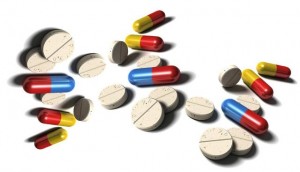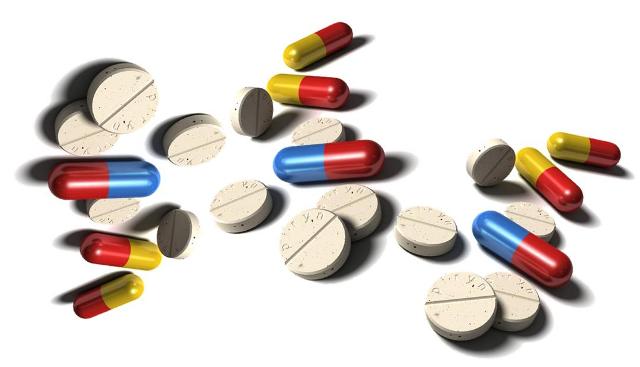There are many situations that call for immediate and critical treatment. One serious health scenario that definitely requires emergency medical attention is drug overdose.
What is Overdose?
An overdose occurs when a person consumes more than the recommended amount of medicine or drug, to the point of being toxic to the body. Substances that can cause harm when taken in excess include all types of

medications (OTC and prescription), illegal drugs, alcohol, and some herbal preparations.
Cases of drug overdose are classified either as intentional or non-intentional; with the former being the most commonly reported method of attempted suicide. The treatment of includes stabilizing the condition of the victim, reducing absorption of ingested substance, eliminating drugs from the body, and continuous monitoring. If not treated immediately, an overdose can be a life-threatening situation, leading in fatal, long term consequences and even mortality. High levels of drugs in the body can cause multisystem involvement that requires urgent medical attention to prevent complications.
What You Need to Know?
Drug overdose is not always easy to detect or identify. The presenting symptoms may not be that apparent and may vary widely depending on the specific substance ingested. People who have overdosed on medications may exhibits symptoms that include:
- Abnormal pupil size
- Aggressive behavior
- Anxiety or agitation
- Changes in behavior
- Rapid breathing
- Difficulty breathing
- Drowsiness
- Hallucinations or delusions
- Hot skin or sweating
- Loss of consciousness or coma
- Nausea and vomiting
- Seizures
- Tremors
- Death
Some victims may also present withdrawal symptoms that include:
- Cold sweat
- Diarrhea
- Loss of consciousness or coma
- Nausea and vomiting
- Restlessness
- Seizures/convulsions
- Stomach ache/abdominal cramps
- Tremors
- Death
What You Should Do?
If drug overdose is suspected, or if withdrawal symptoms are observed, you should call immediate medical help or contact your local poison control center for appropriate treatment. While waiting for first aider to arrive, here are some things you should do.
- Check the victim’s airway, breathing, and circulation (pulse).
- If without pulse and breathing, initiate CPR, for trained laypersons.
- If with pulse and breathing but unconscious, clear the airway and place the victim in recovery position (lying on one side).
- If conscious, assist the victim in loosening his or her clothing, keep the patient calm by providing reassurance, and ensure warmth.
- If symptoms of shock become apparent, such as paleness, cold/clammy skin, bluish fingernails and lips, weakness, and decreased level of consciousness, place the victim in supine position (lying on his or her back) with feet slightly higher than the head. If the position is not tolerated, keep the victim flat.
- Monitor the victim’s vital signs (breathing, pulse, blood pressure) continuously while waiting for first aiders.
- If you find empty bottles, syringes, drug containers or pills in the scene, collect them and show them to the first aiders.
- Do not induce vomiting, unless recommended by local poison control. If the victim vomits, save a sample as it can be useful for determining the ingested substance.
- Do not give the drug overdose victims anything to drink or eat, and never leave them alone.
The initial care you provide to an overdose victim can spell the difference between life and death. Therefore, it is important that everyone knows the basic care and first aid for overdose cases.
Related Video on Drug Overdose First Aid
To learn how to do CPR take a course with one of our providers by clicking here.

